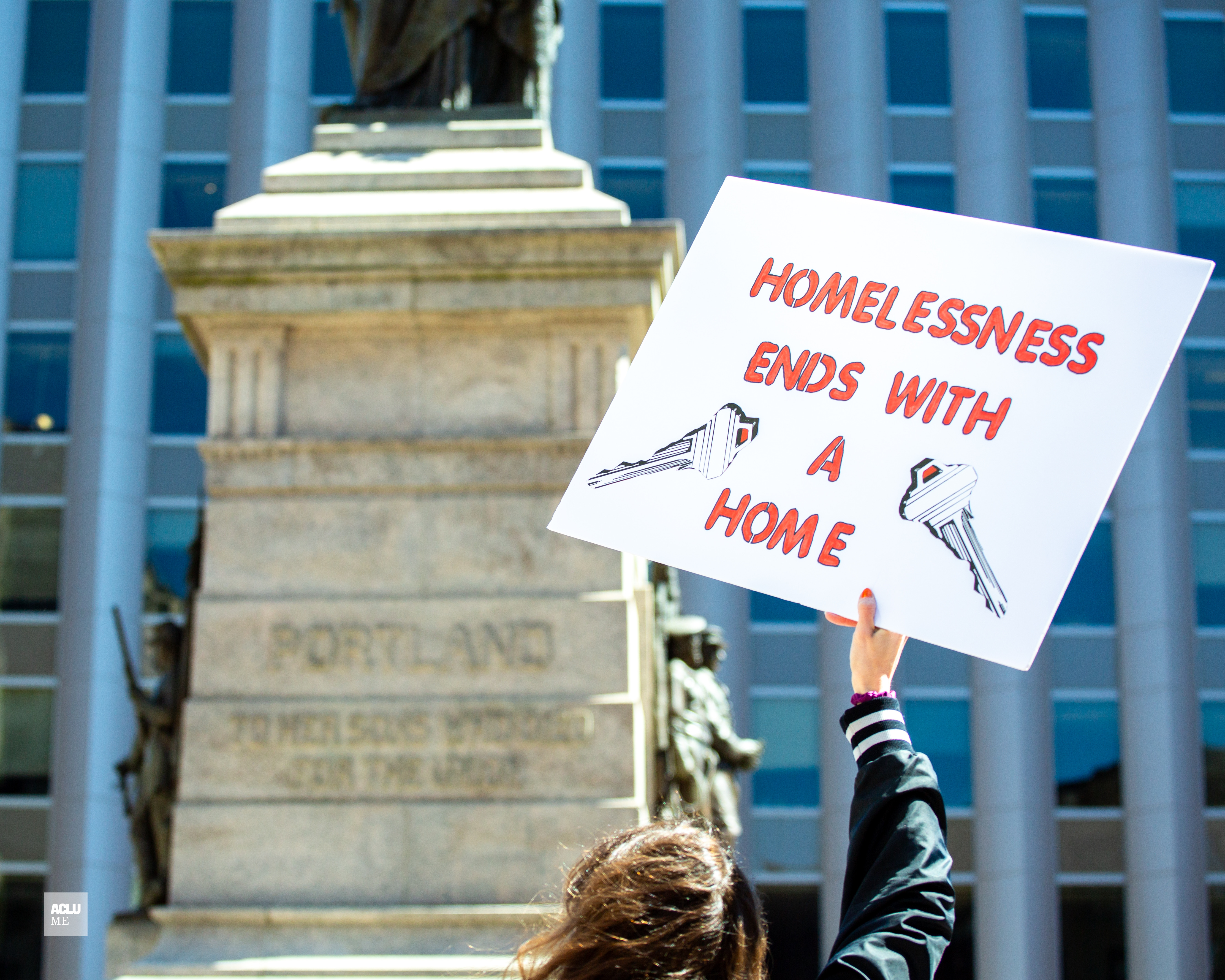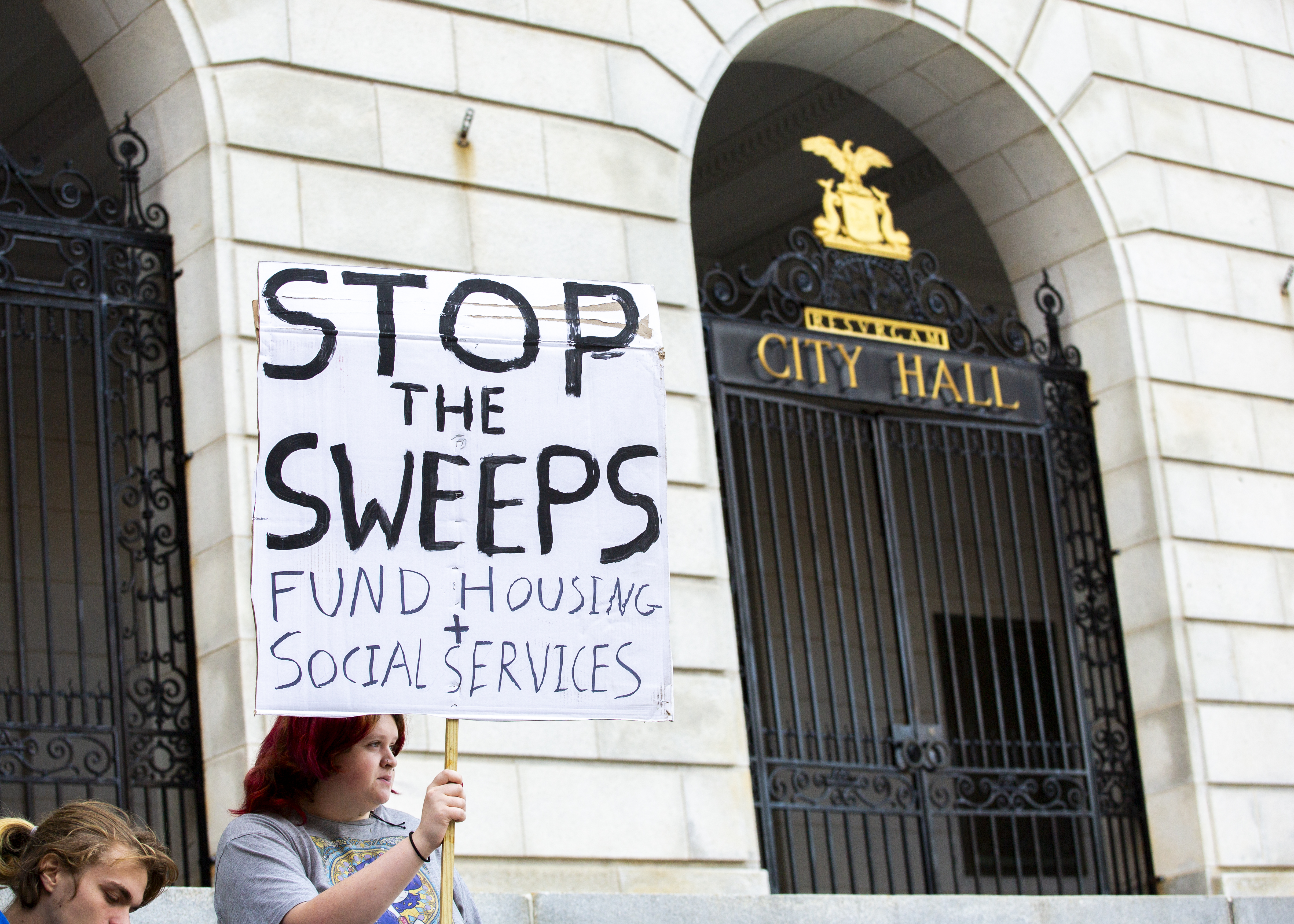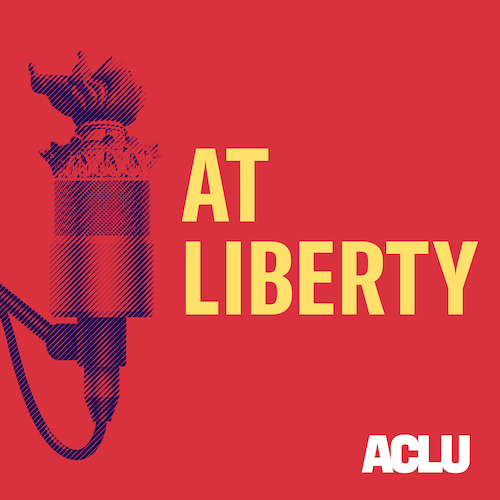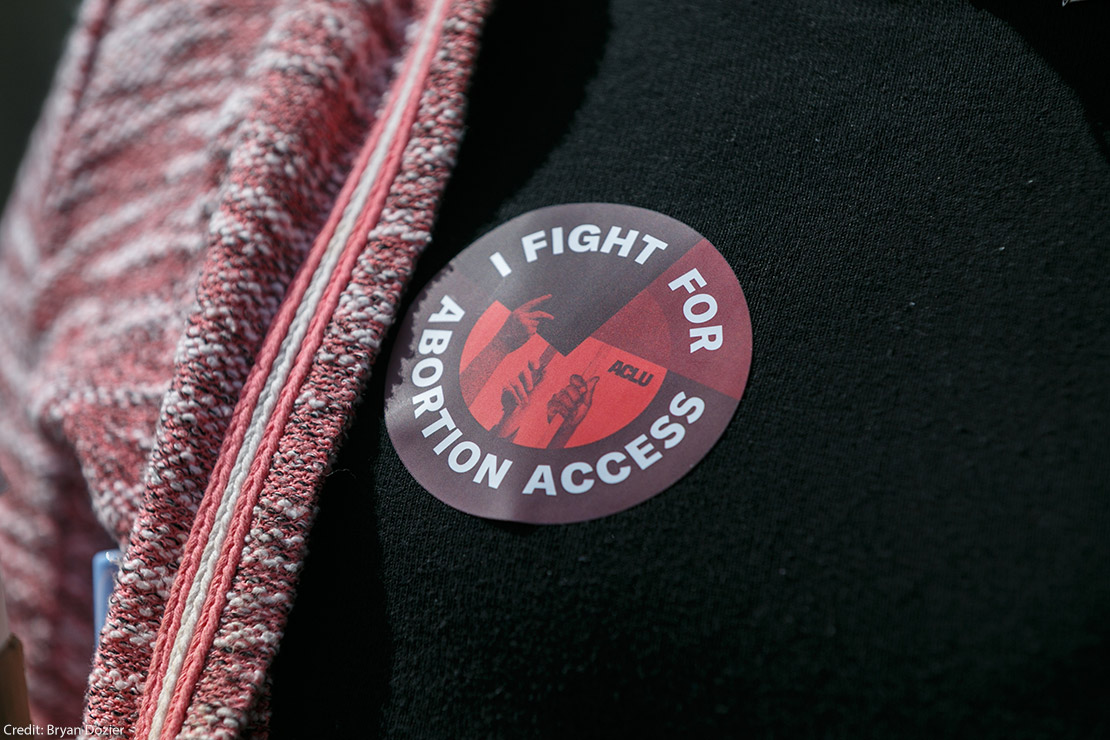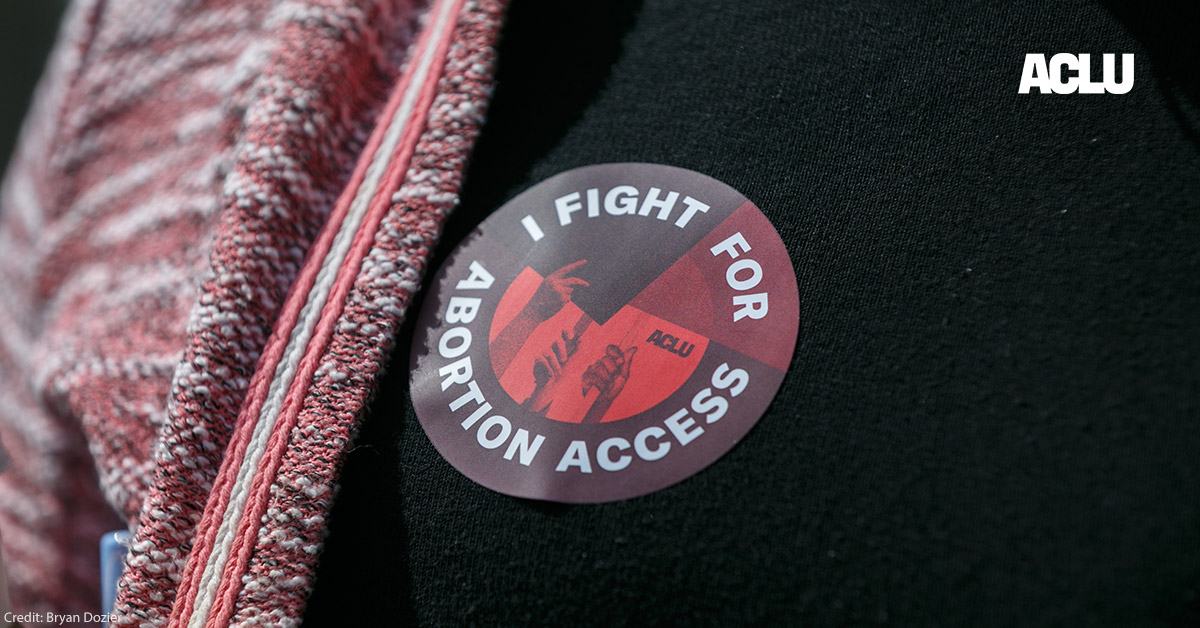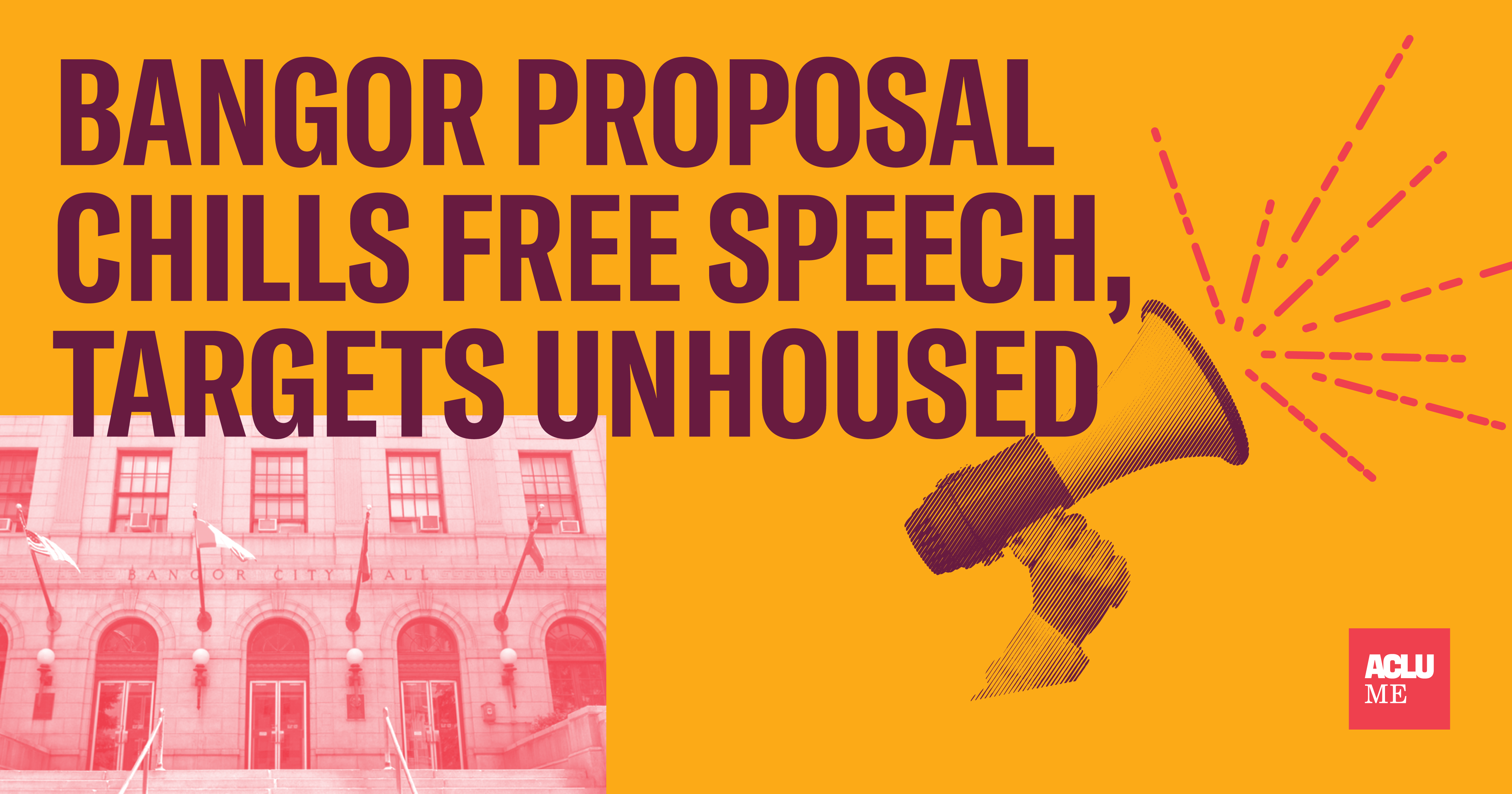Home is both a physical place and a concept. In the popular imagination, home is a refuge, a shelter, a place of safety and belonging. It is where we come from and where we return.
We fill our homes with the things most precious to us, surrounding ourselves with the sights of beloved possessions, the sounds of our favorite music, and the aroma of our favorite foods. Those who have always had a home often take it for granted. Like breathing, it is something we fundamentally rely upon but rarely think about.
To be homeless in our society means that not only were your needs out of reach, but also that your network of family and friends, and whatever “safety net” of social programs were available have been exhausted.
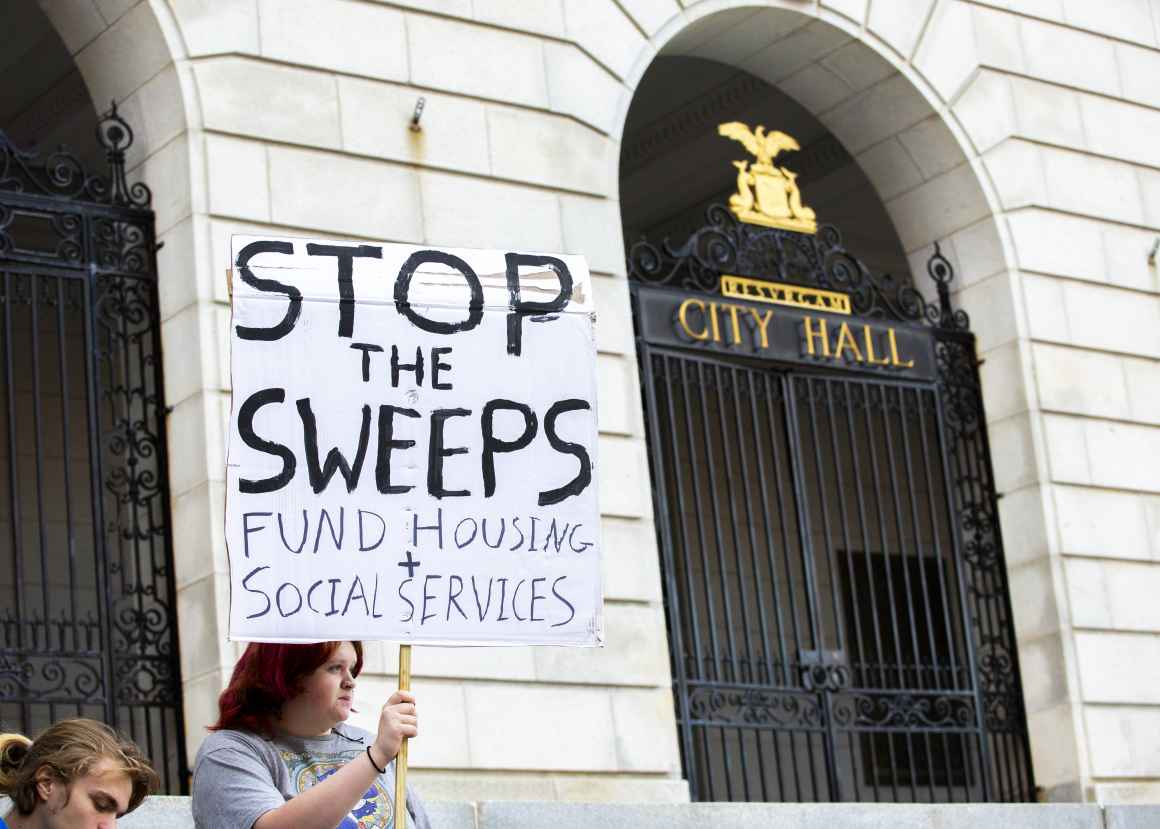
Being unhoused means that you are at the mercy of the weather, of law enforcement, and of your community – it creates vulnerability in so many ways that it can be difficult to imagine for those who have always been housed. To be unhoused means you don’t even have the dignity and privacy to engage in essential activities, like sleeping or using the bathroom, things that would be considered a crime if done in public.
Despite the importance of a home and the vulnerability of being unhoused, the United States Supreme Court has now made life even more dangerous for the 650,000 unhoused Americans and increased the risks for millions more who are living on the edge and housing-insecure.
Many like to think that homelessness is rare, a problem on the margins. In fact, it is a social problem that does not exist in every society, yet it is increasingly common throughout the country. Between 2012-2022, homelessness grew by 67% in Maine alone.
The growing number of unhoused people is the result of broad economic forces and policy issues, not of individual behaviors or decision making. While our elected officials and policymakers allude to the “housing crisis,” they have done very little to create affordable housing options or stand up a robust shelter system here in Maine. Instead, the focus has been on continuing to blame, punish, and shame homeless people themselves, continuing a decade’s long trend of attempting – and failing – to punish people out of poverty.
Several towns and cities throughout Maine are imposing criminal penalties for all kinds of non-criminal behavior: sleeping, standing, sitting, and even “loafing”. Most recently, Bangor passed an ordinance banning people from being on certain medians and imposing fines of up to $2,500, even if they are not creating a safety hazard. One of the problems with these laws is that they punish all kinds of legal activities, including protected free speech and free expression. They also penalize people for being homeless in public, in an effort to push them into the shadows rather than address the reasons they are homeless to begin with.
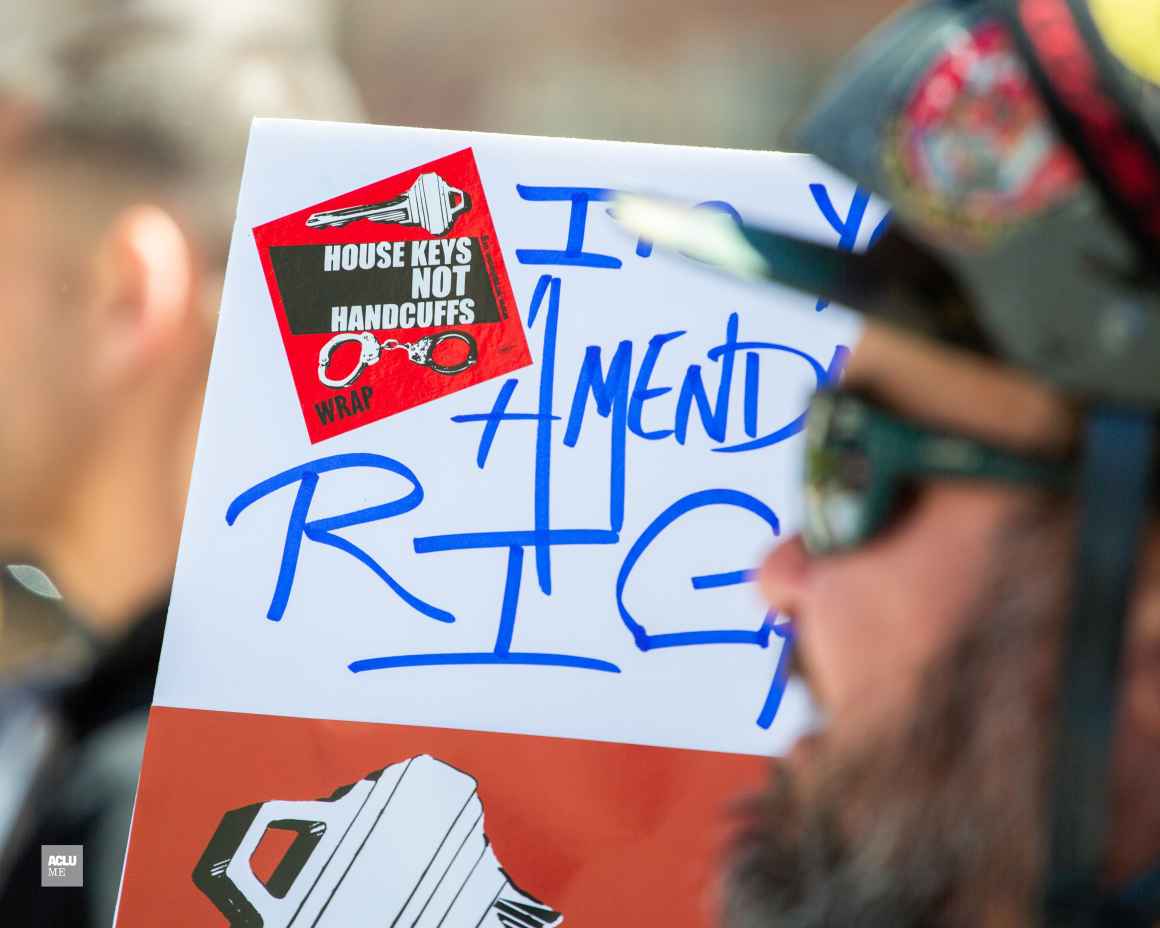
Ordinances targeting unhoused people are nothing new and not unique to Maine.
In 2002, the Ninth Circuit for the U.S. Court of Appeals reversed an ordinance in Grants Pass, Oregon, that banned unhoused people from sleeping on public property, even when shelters were full. The ban also prohibited people from using bedding, pillows, sleeping bags, or something as simple as a sheet of cardboard.
The lower court ruled these restrictions violated the Eighth Amendment’s protections from cruel and unusual punishment by removing unhoused people’s ability “to take…rudimentary precautions to protect themselves from the elements.” Remember, Grants Pass sought to punish people for trying to survive outside even when shelters were full and they had no other options.
Last week, the Supreme Court of the United States reversed that decision and opened the door for states and cities to punish poor people simply for existing in public spaces, people who literally have nowhere else to go.
However, just because the court has ruled that cities can pursue punitive policies does not mean that they must or should.
Additionally, unhoused people are still entitled to protections under state and federal law, including due process, freedom from discrimination, and protection from unreasonable search and seizure. Fines and jail time will not change the circumstances unhoused people face, because they do not address the root causes of the housing crisis.
Housing is a deep and abiding human need, and ignoring the issue causes grave harm to our communities. Despite this cruel ruling, our state and local leaders still have a choice. Instead of attempting to punish people out of poverty, they must address the root causes immediately and vigorously, ensuring access to shelter, health care, and education for all in need.
Date
Saturday, June 29, 2024 - 1:15pmFeatured image
